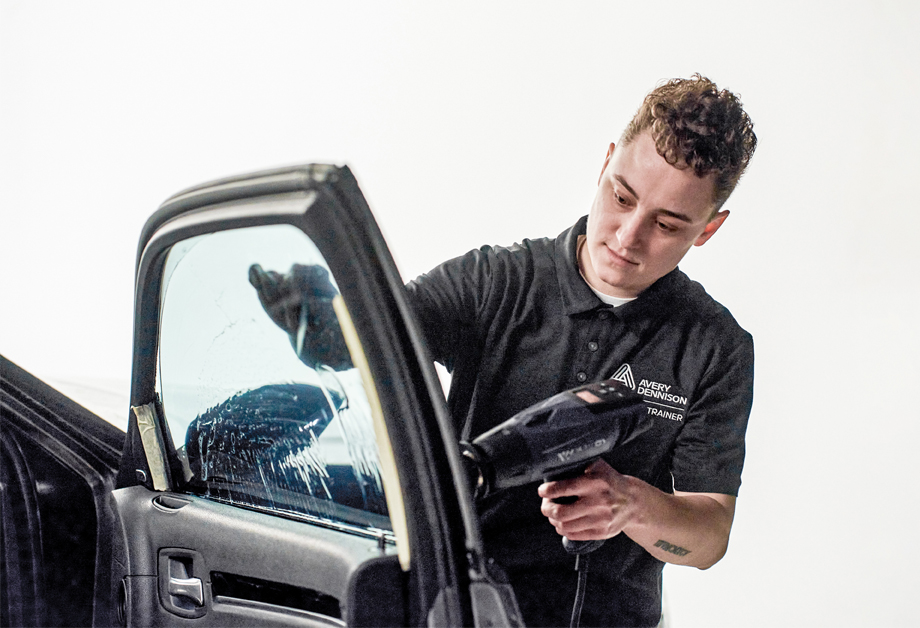Skin Cancer Foundation and its Corporate Council member company Avery Dennison Graphics Solutions are recognizing Skin Cancer Awareness Month in May, the organizations announced.
To mark the annual initiative, Avery Dennison is highlighting the benefits of daily sun protection, including the use of automotive and architectural window film, the company said.
According to the Skin Cancer Foundation, with over 5 million cases diagnosed in the United States each year, skin cancer is America’s most common cancer. More people are diagnosed with skin cancer each year in the U.S. than all other cancers combined. Fortunately, skin cancer is also one of the most preventable forms of cancer. The Skin Cancer Foundation stresses that skin cancer is the cancer you can see: Early detection saves lives.
Ultraviolet (UV) radiation from the sun causes skin cancer. UV rays also damage your eyes and cause your skin to lose elasticity, sag, stretch, bruise more easily, and age prematurely. According to the Skin Cancer Foundation, some of the most important ways to protect ourselves from the sun include:
- Avoiding prolonged exposure, especially between 10 a.m. and 4 p.m.
- Covering up when outside with sun-protective clothing, including a broad-brimmed hat and UV-blocking sunglasses.
- Avoiding getting sunburnt.
- Liberally applying a broad-spectrum sunscreen with an SPF of 15 or higher every day.
The Skin Cancer Foundation also offers a Daily Sun Protection Guide. Access the guide here.
Avery Dennison is also participating in the awareness effort by highlighting the benefits of automotive window films.
“Very few people think about sun protection while they’re driving,” said Dermatologist Elizabeth Buzney, M.D., in a video on the Skin Cancer Foundation website. “Studies have shown that in the U.S. there is more incidence of cancer on the left arm than the right arm due to driving. Just in my own clinical experience, I see more patients who have pre-cancerous spots as well as skin cancers on the left side of their face, neck and arm. It’s the reverse in places where they drive on the other side of the road.
“By law, car front windshields have a shatterproof film applied in the factory that also blocks 99% of UV rays,” Buzney added. “But the film is not on the other windows. That’s why we recommend having window film installed on the rest of the windows in the car, including the back windshield and the sunroof for maximum protection.”
“Automotive window films will block >99% of ultraviolet radiation,” said Avery Dennison Window Film Regional Technical Specialist Randy Garcia. “The best of these aftermarket films also reject heat and glare while protecting vehicle interiors from fading. Automotive window films come in a variety of shades and light transmission levels, all of which block UV radiation and glare,” he explained. “There are virtually clear window films as well, like our Shield IR 80, which also blocks >99% of UV rays and an impressive percentage of glare.”
